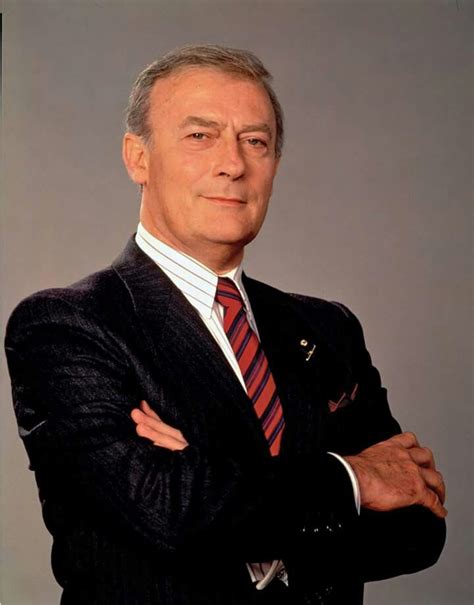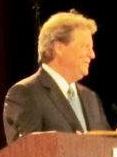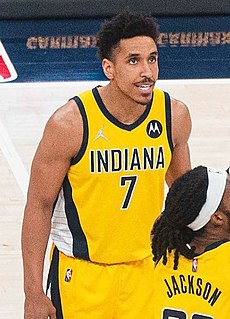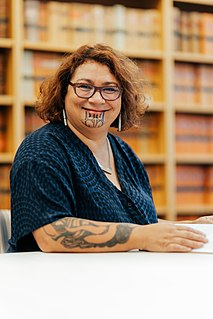A Quote by Ed Woodward
The idea is to recruit in a closed environment, rather than listening to the press or getting distracted by conflicting agents' claims. We try and make cold decisions based on information.
Related Quotes
If you're listening to a symphony, you're getting all the information, including the audience around you, the delay from the sides of the concert hall, the whole thing. If one of those musicians is sharply out of tune or starts to play a different piece of music than all the others in the orchestra, you immediately notice. When you analyze systems by listening, you can just listen, and you can tell whether the system is healthy or unhealthy. What I've created for you is a perfect model of how we should be listening to our stock market, rather than trying to see it graphically.
After Pope, in the beginning of Romanticism, people developed the idea that imagination rather than reason was a special form of knowledge and its best expression is through poetry. Therefore, poetry should not try to do the stuff that mere prose does: convey information or make arguments about ideas.
There is another innovation at Harvard which I think made a tremendous difference and that is the decision to try to recruit the very best person in the field for an available faculty position. In the period after World War II Harvard literally engaged in world-wide searches for the very best and created a culture in which it was simply unacceptable to hire friends and associates, to make decisions based on personal affections or inclinations.
If we decide rightly what to do, or use a correct procedure for making such decisions, that has to be because the decisions or the procedure rest on good reasons, and these reasons consist in the apprehension of truths about what we ought to do. Because these truths must constitute reasons for our decisions, and because in the rational order, reasons must always precede the decisions based on them, the truth conditions of claims about what we ought to cannot be reduced to, or constructed out of, decisions about what to do, or procedures for making such decisions.

































